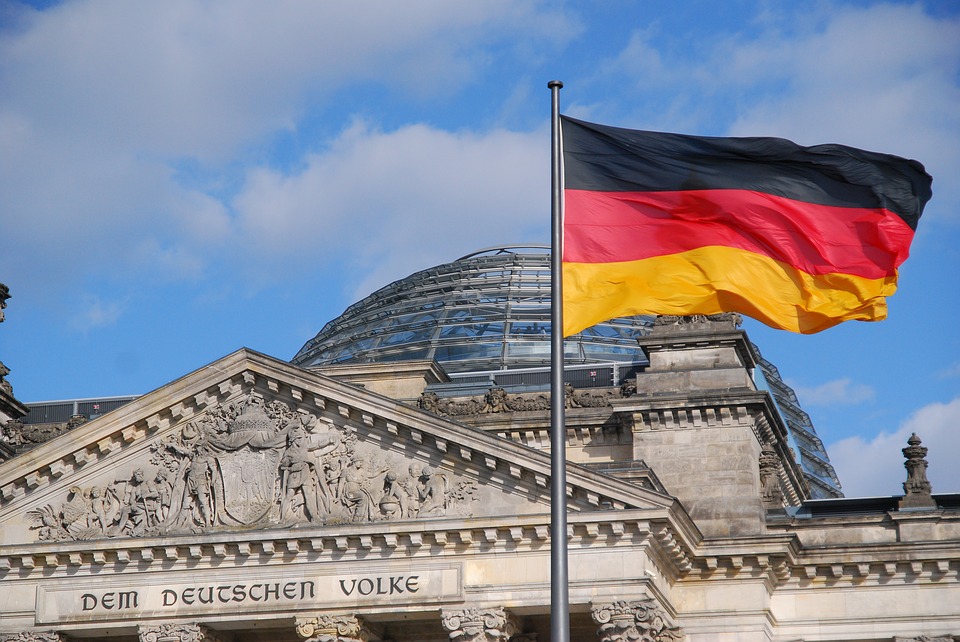The beneficiary of the Gasumlage will be gas importers, such as Uniper, which quite consciously decided to cooperate with Russia’s Gazprom and even took an active part in financing the Nord Stream 2 gas pipeline. Now that it is apparent that business with Gazprom failed, and gas prices soared, Uniper is close to collapse, writes Alexandra Fedorska, editor at BiznesAlert.pl.
An additional fee, the so-called Gasumlage, which is to be charged to individual customers and industrial and energy companies for the consumption of each kWh produced by natural gas, is intended to raise funds for the rescue of German gas companies such as Uniper. Gasumlage is to be introduced in October this year. However, due to criticism, this bill will be amended. Economy Minister Robert Habeck has already announced that companies that have paid their boards this year high bonuses will not receive the aid.
The beneficiary of Gasumlage will be gas importers such as Uniper, which quite consciously decided to cooperate with Russian Gazprom and even took an active part in financing the Nord Stream 2 gas pipeline. Now that it has become apparent that business with Gazprom failed, and gas prices soared, Uniper is close to collapsing. One could say that the company had it coming, and one can only wonder why its management has not been punished for this a long time ago. In Germany, however, things look different. There is concern that a large part of the German energy industry, including energy suppliers at federal, regional and local levels, will go down together with Uniper. The gas fee is intended to guarantee safety – first and foremost for all gas importers that provide this fuel to regional and local energy suppliers. They conclude long-term and profitable agreements with their gas suppliers. At all cost, Germany wants to avoid a situation where regional and local energy suppliers would be forced to buy gas on the spot markets. According to them, this will lead to a catastrophe in the German energy sector.
Therefore, Germany decided a risk of the country’s power suppliers market collapsing should be avoided at all cost. Therefore, Uniper and other companies with this business model will receive support to the tune of billions of euros. These billions, as is usually the case in Germany when it comes to energy, will come from all those who use natural gas. One of the most accurate definitions of the gas fee appeared in a report on the state radio and television WDR: „It is a kind of crisis instrument, which is supposed to aid companies that, due to limited supplies from Russia, have to buy gas elsewhere for big money to fulfill contracts,” the release said.
For the average household of four people, this means an additional annual cost of EUR 575. Initially, the federal government wanted the European Union to allow an exception and exempt this fee from the required VAT, but Germany did not get such permission. Therefore, on Thursday, August 18, the federal government decided to reduce VAT on natural gas from 19 to 7 percent for some time. Currently, there are many indications that the additional gas fee will be between 2.33 and 2.41 cents per kWh.
The bill, which was developed in the Ministry of the Economy was also criticized by the Social Democrats who are in the ruling coalition together with the Greens and FDP Social Democrats. The SPD does not want to reward companies that actually do not need support, because they have earned a lot over the past years.
Experts do not yet agree on whether the gas fee will meet the expectations of the German government. On the one hand, it can be expected that in this way large financial resources will be generated. However, this does not guarantee that energy suppliers in Germany will not go bankrupt. They are already unable to keep up with rising prices for fossil fuels and, above all, natural gas. If the price of natural gas continues to rise, the funds from Gasumlage will not be enough to save such companies, and there are many of them, especially at the local level.
In addition, local energy suppliers, such as Stadtwerke Krefeld near Düsseldorf in the Ruhr region, are unhappy because they will have to organize the collection of the additional gas fee from customers. After receiving and calculating this fee, the money is to be transferred to Berlin.
„At our company, we need to save the relevant parameters in the appropriate systems for about 150,000 gas customers. And of course we also need to properly inform our customers about these new billing methods and new prices,” the Stadtwerke Krefeld spokesperson, Carsten Lietdke, explained in an interview with the German TV daily Tagesschau.









